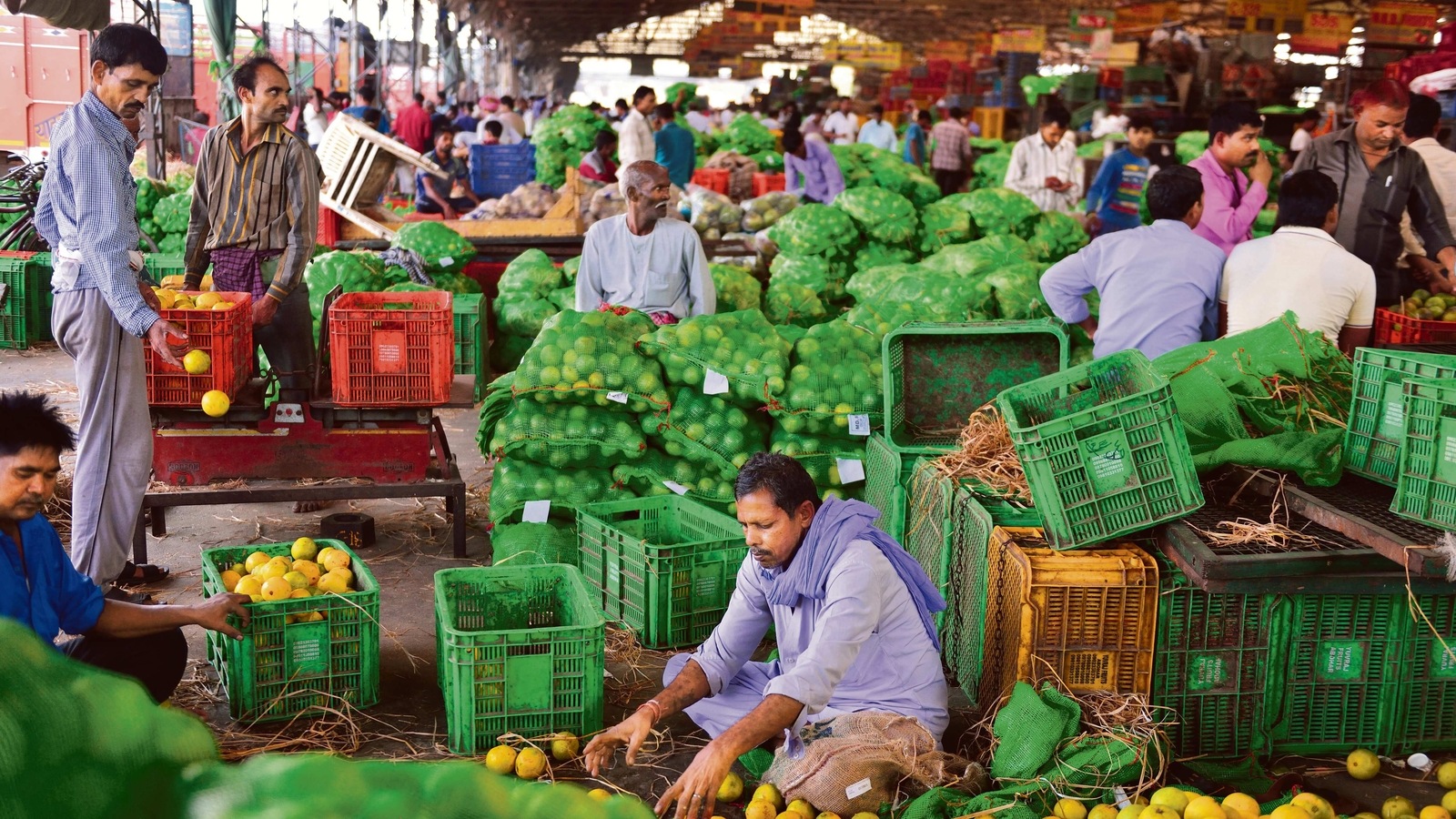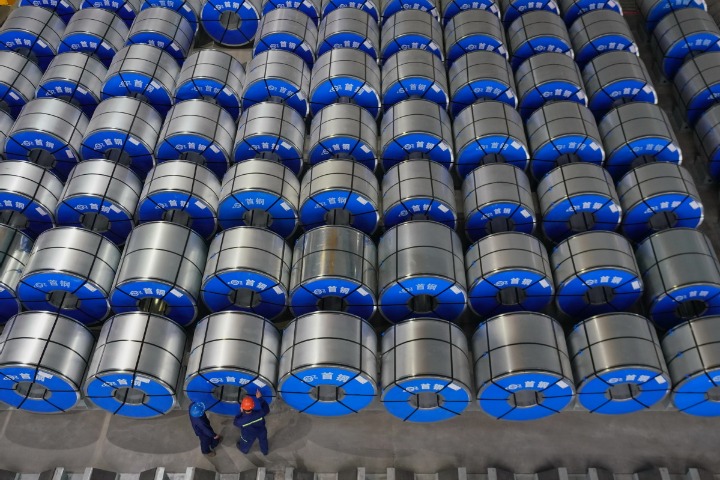)
Why banning commodity derivatives trade is like throwing baby out with bathwater
FirstpostIn the absence of a futures market, farmers will be forced to sell their produce in the cash market at the prevailing price, which may be lower than their expected price Last week, market regulator Securities and Exchange Board of India issued directions to suspend trade in futures and options contracts of selected agricultural commodities, including paddy, wheat, chana, mustard seeds and its derivatives, soya bean and its derivatives, crude palm oil and moong. Commodity exchanges provide trading platforms for commodity derivatives contracts that can help the stakeholders in the commodity value chain to hedge their price risk, apart from providing transparently discovered prices signals. But, the recent ban on futures trade by regulators is like throwing the baby out with the bathwater – instead of creating an atmosphere to encourage wider participation of small farmers through promoting and linking Farmers Producer Companies to the commodity futures markets to hedge their price risk and use them as the price insurance instrument. Hence, instead of banning arbitrarily, the government should align futures market development with the current ongoing government schemes like Formation and Promotion of 10,000 new Farmer Producer Organisations to aim for twin objectives of better price discovery and insuring price risk of the farmers.
Discover Related












)
















